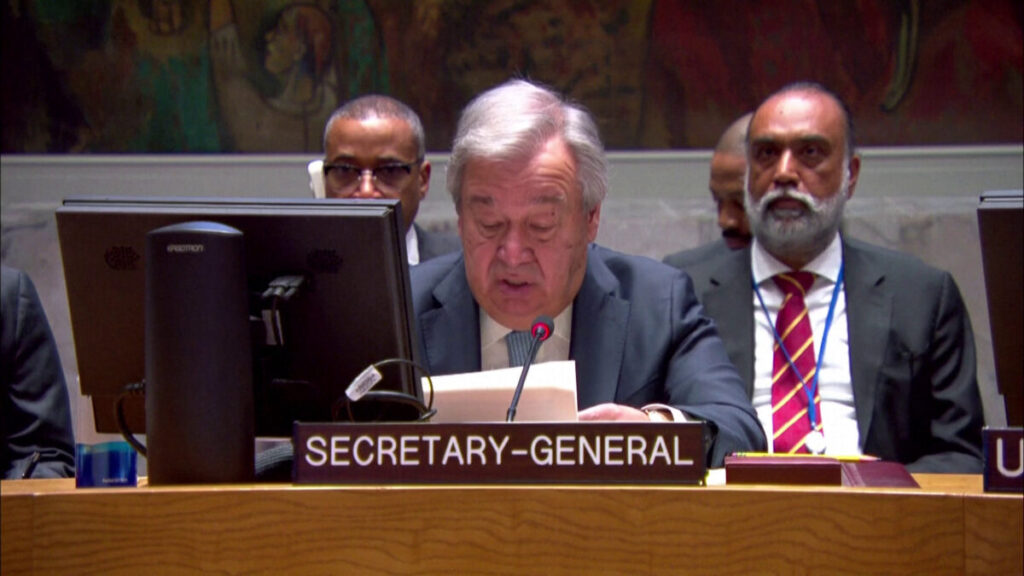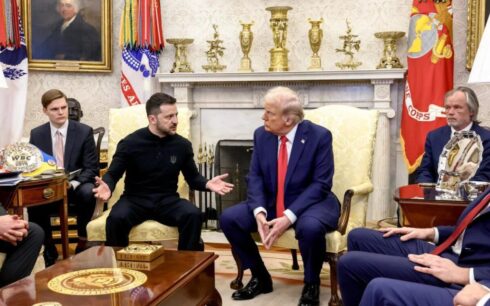The United Nations Security Council convened its inaugural meeting on artificial intelligence (AI) on Tuesday, during which China emphasized the need to prevent AI from becoming a “runaway horse,” while the United States cautioned against its misuse for censorship and oppression.
British Foreign Secretary James Cleverly, chairing the meeting as part of Britain’s presidency of the council in July, underscored the transformative nature of AI, stating that it would “fundamentally alter every aspect of human life.” Cleverly stressed the urgent requirement to shape global governance for transformative technologies, as AI transcends national borders. He acknowledged AI’s potential in addressing climate change and bolstering economies but warned about its role in disseminating disinformation and facilitating the development of weapons by state and non-state actors.
During the briefing, attended by the 15-member council, UN Secretary-General Antonio Guterres, Jack Clark, co-founder of prominent AI startup Anthropic, and Professor Zeng Yi, co-director of the China-UK Research Center for AI Ethics and Governance, shared their insights.
Guterres highlighted the far-reaching implications of both military and non-military applications of AI, cautioning that they could have serious consequences for global peace and security. He supported calls from several nations for the establishment of a new UN body to collectively govern this extraordinary technology. Drawing inspiration from organizations like the International Atomic Energy Agency, the International Civil Aviation Organization, and the Intergovernmental Panel on Climate Change, Guterres proposed a similar framework for AI governance.

China’s Ambassador to the UN, Zhang Jun, characterized AI as a “double-edged sword” and advocated for the UN to play a central coordinating role in establishing guiding principles for AI. Zhang emphasized the importance of human regulation and a focus on utilizing AI for the betterment of society to prevent its unrestrained development.
Deputy US Ambassador to the UN, Jeffrey DeLaurentis, echoed the need for international collaboration on AI and other emerging technologies to address human rights risks that undermine peace and security. DeLaurentis emphasized the shared responsibility of nations to navigate the challenges posed by AI.
The Security Council’s engagement in discussing AI risks highlights the growing recognition of the potential impact of AI on global security and the need for collective governance to harness its benefits while mitigating potential risks.





